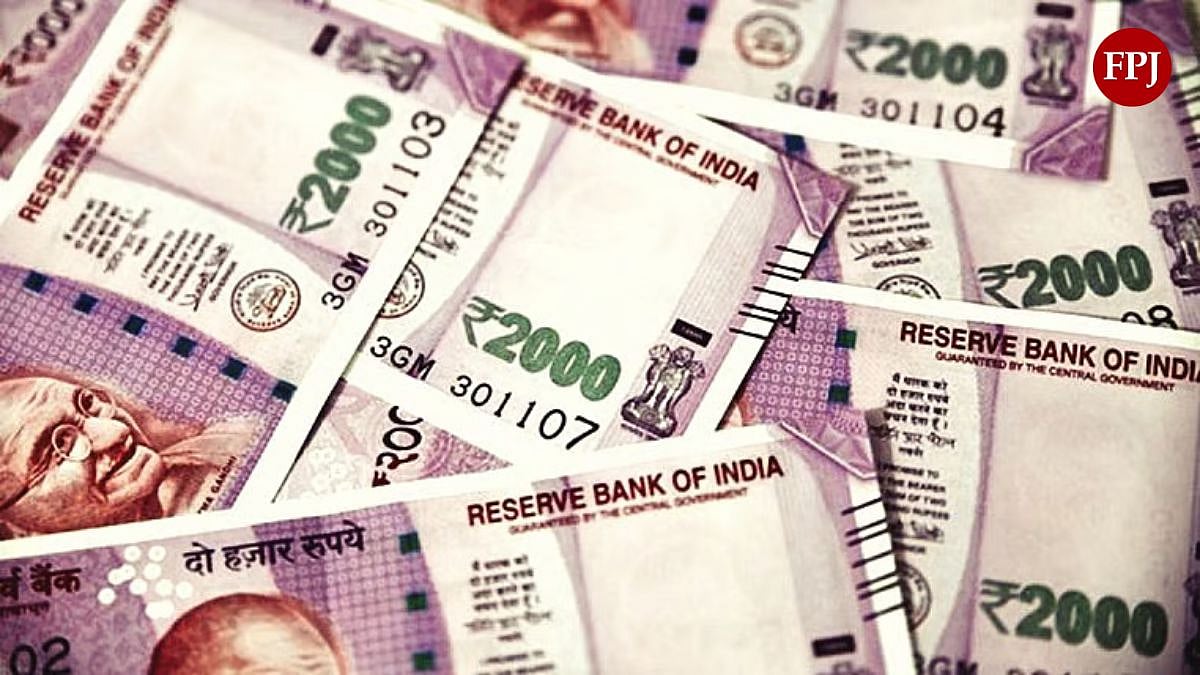Fasting is not starvation or deprivation. Starvation can lead to nutritional deficiencies and acidity, whereas a well-planned fasting schedule eradicates acidity. Fasting is a discipline where one willingly gives their body and digestive system a break, redirecting the energy towards rejuvenation and detoxification. Skipping meals is not fasting.
Fasting must be practiced around the same time each day, so our body builds a memory around when it can expect food. Fasting, if not practiced the right way, can actually do more harm than good. It can cripple our health and immunity.
Here are 10 common mistakes that can turn fasting into a fad:
● Using fasting as a short-cut to losing weight
● Fasting and then feasting
● Eating too less during the eating window
● Fasting on tea and coffee
● Vigorously exercising during the fasting
● Consuming processed foods in the feeding window
● Confusing fasting with starvation
● Not tracking sugar levels, if diabetic
● Not drinking enough water in the feeding window
● Treating fasting as a competition
Yes, fasting will help you lose weight because, obviously, your calorie intake is lesser as compared to before, but that achievement is in the very initial days. After that weight reaches a plateau or if people bounce back to old ways of eating, they gain back double the amount of weight. Fasting blinds people from making lifestyle changes, the core reason why they put on weight in the first place. I always encourage people to change their mindsets when it comes to fasting.
Fasting is not the solution for your weight gain. Use it to instill discipline into your lives with eating, respecting food, and listening to your body, etc.
Secondly, individuals try to compete with each other on fasting and the number of hours fasted. Fasting is not a competition. Fasting is what suits you. There is no magic number of hours one should fast for.
Lastly, some people modify fasting as per their convenience. They claim to be on fasting but still have tea/coffee/juices etc. This is not fasting and such an approach can be detrimental to one's health. If one wants to adopt fasting, one must do it the right way. Fasting is not a fad.
Beginners Guide
Fasting is very personal, just like nutrition or exercise. What’s safe in terms of quantity and frequency depends on individual to individual based on their goals, lifestyle, any existing medical condition, amount of toxicity in the body, and several other factors. So, while the 16:8 hour fasting appears to be one of the most popular ways to fast on social media, it doesn't have to work for everyone.
One needs to identify what works for them. For example, I like to practice a basic 12-hour circadian rhythm every single day, followed by a long 24-hour fast on Sunday, post-lunch that I break on Monday whenever my body feels ready. That works beautifully for me.
We do not have to be rigid when it comes to fasting. One can think out of the box and do what suits them. Fasting is not a competition.
Depending on whether you are a beginner or a seasoned faster, your health goals, current health condition, lifestyle, amount of activity and emotional stress you are exposed to, toxins in the body, one has to decide if a 24-hour will suit them or not. No one, not even a nutritionist can decide if 24-hour fasting will suit you. Your body is your best guide.
In case you are used to fasting and fast often, have no underlying medical conditions, have a decent and balanced lifestyle, are adequately active, have manageable stress levels, are indoors and living in an environment that has pleasant weather conditions, go ahead and try a 24 hour fast. However, in case you are living in a warm climatic condition, have sun exposure, UTI infection, or unstable blood sugar levels, workout daily, then it's best to avoid long dry fasting. You may want to keep your fasting duration shorter and move to water fast instead of dry as your kidneys will need water to flush out the infection and toxins.
So, a generic advice in case of fasting never works. Intuitive fasting is also more effective. Some of my cancer patients, who are completely not responding to any medical treatment, and have lost the appetite to eat anything, have been advised to fast (to make use of low appetite) under constant supervision and we have seen how beautifully their body’s intelligence starts to kick-in.
Having said that, here are some scenarios where prolonged fasting is not advisable
- Extremely weak and underweight individuals
- Pregnant and lactating moms
- Highly unstable blood sugar and blood pressure levels
- Kidney diseases
- UTI infections (if dry fast)
- Those under medical treatment and medications must make an informed decision
Next week, we will discuss the varied methods of fasting.
(The writer is a holistic nutrition and lifestyle — integrative and lifestyle medicine expert, and Founder of YouCare — All about YOU by Luke Coutinho)












